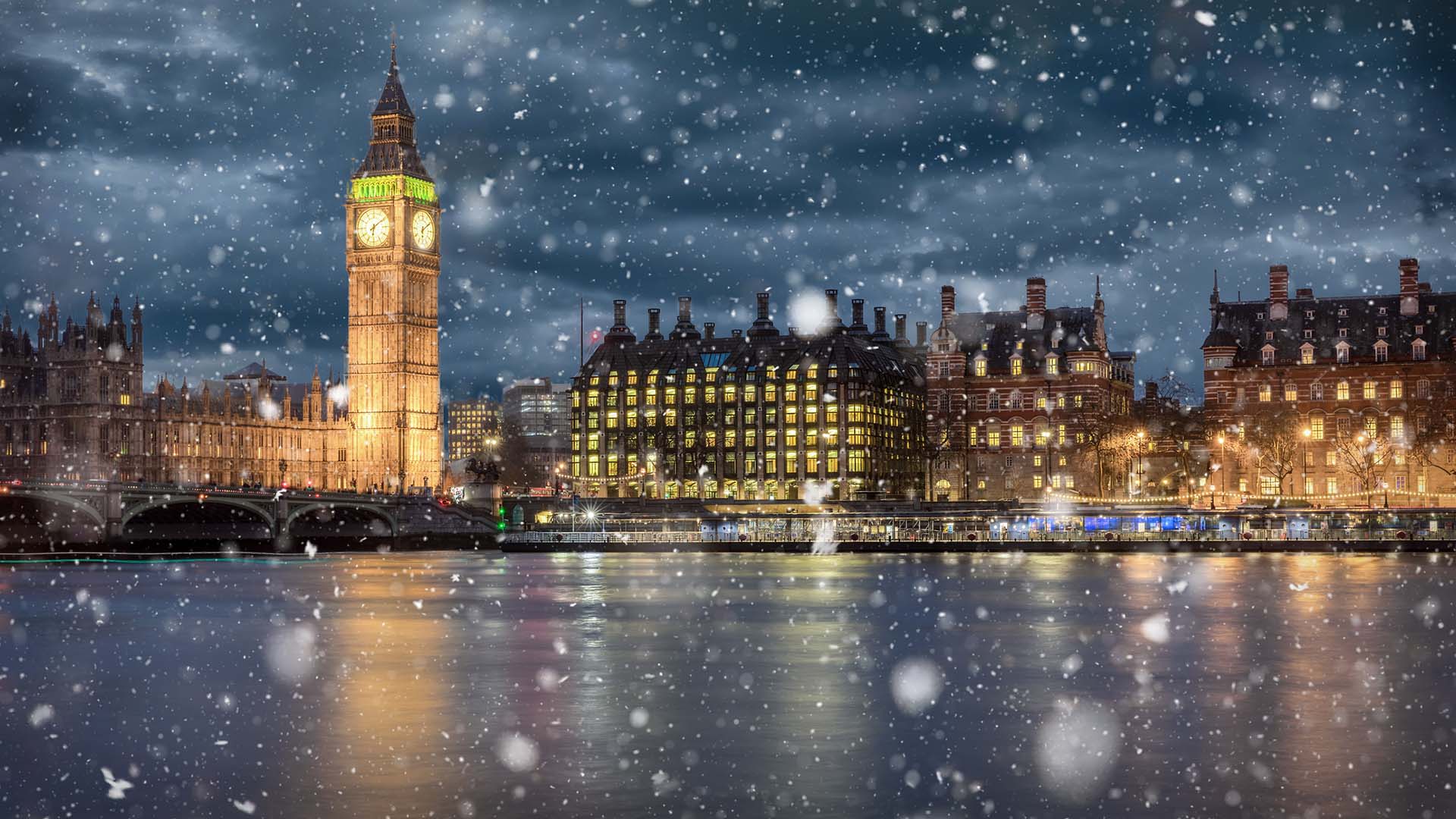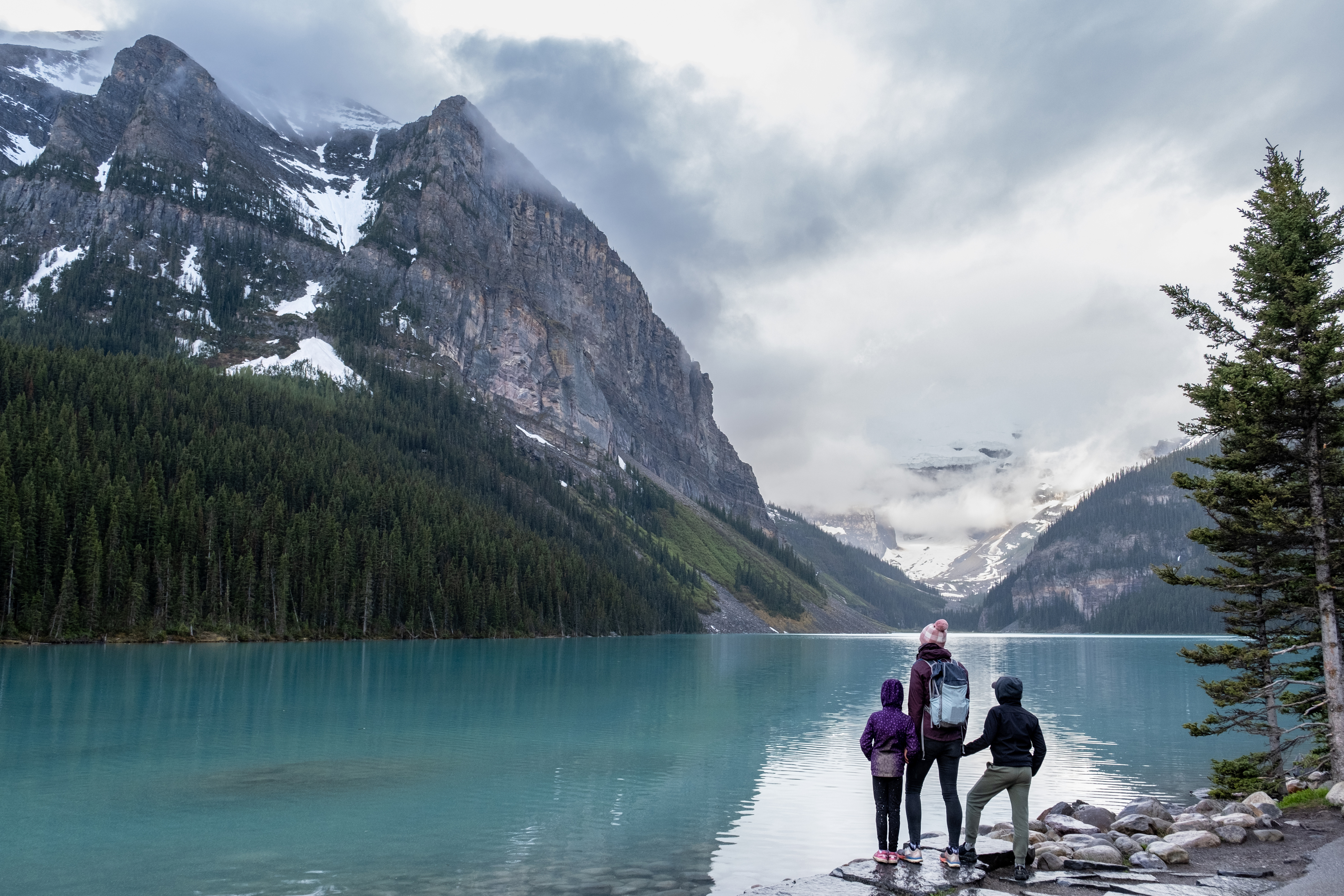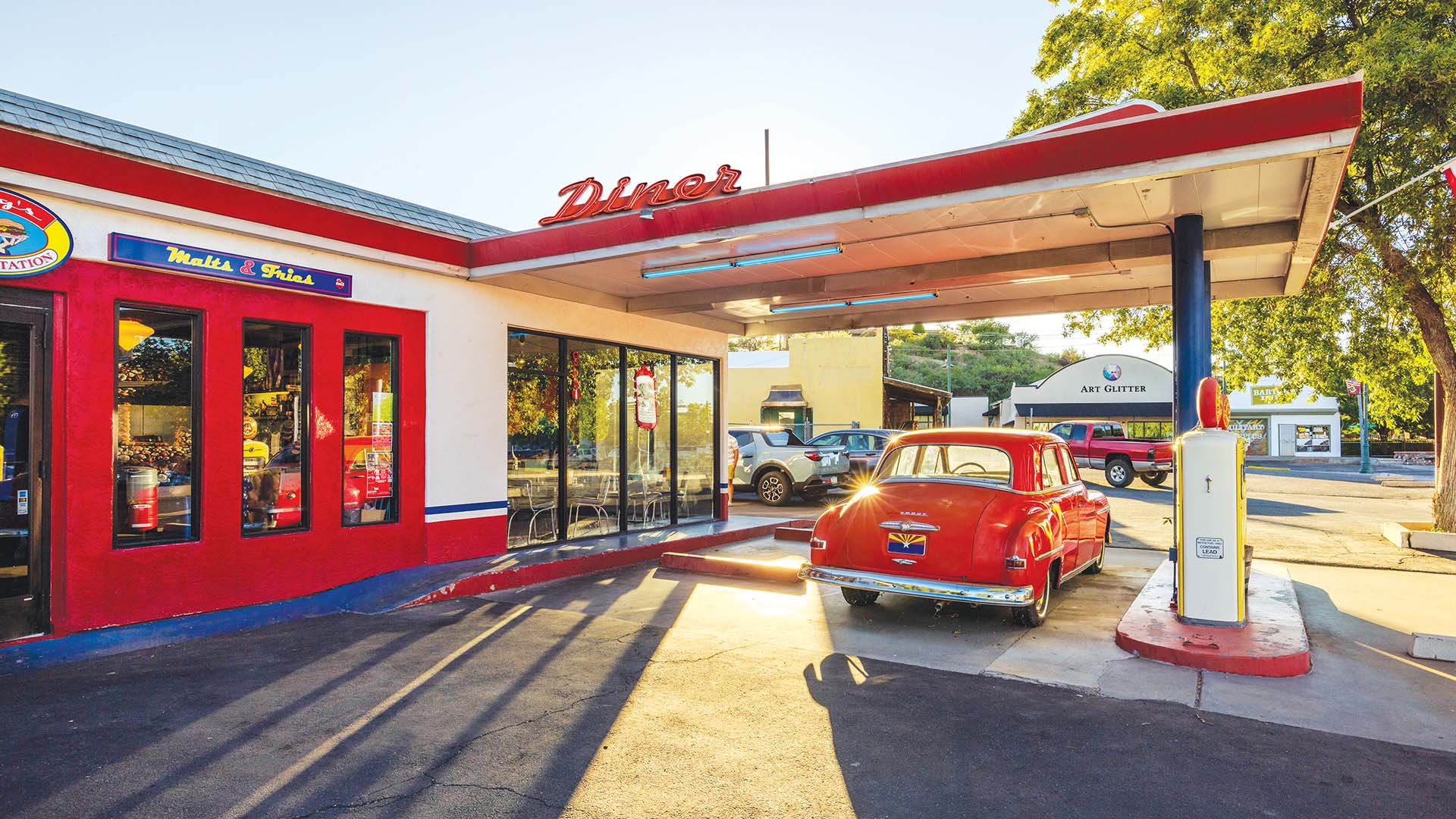Insider Travel Tips
Step into Norway's rich history, from ancient settlers to modern prosperity.
Central Europeans first moved into and inhabited the Arctic north 11000 years ago. These were the Komsa and later the Sami people.
During the Iron Age, 3000 years ago, better and stronger tools were developed that allowed for the clearing of land and the building of bigger and more robust farms. With farms came more permanent structures, better and more comfortable living conditions, and communities. Newer iron boats also encouraged more trade and exploration away from the shores of Norway.
The first viking raid was in 793 at St. Cuthbert’s monastery on the island of Lindisfarne. The Viking Age was a significant period in Norwegian history lasting from about 800 to 1050. New technologies at its time saw seafaring boats that could make it to Britain. Many went and traded there, returning home with new goods. Strong Viking raids to Britain, Ireland, Europe, even into the Middle East created the once powerful and wide-ranging Scandinavian Empire.
Times of peace and connections with Sweden and Denmark marked several hundred years and a population increase occurred between the years 1000 and 1300 raising it to a staggering 400,000 from 150,000. Then a third of that number was eliminated by the Black Death plague of 1350.
In 1380 Norway joined Denmark under a Danish King. This connection with Denmark, along with official connections to Sweden continued until 1814, when Norway created its own constitution. This didn’t last long and Norway found itself again under the powers of a Swedish king, which lasted for the next 90 years.
The time between 1840-67 is known as a period of Norwegian romantic nationalism. The physical aesthetics of the country inspired art and literature, and helped frame a new nostalgic look at its national identity. In 1913, Norwegian women became the first European women able to vote and in WWII Norwegians resisted Germany as best it could with the help of Shetland fishermen who smuggled arms across the sea. Norway was a founding member of United Nations in 1946 and joined NATO in 1949.
The late 1960s were a time of great prosperity for Norway as oil was discovered in the North Sea. The economy took off, changing the country from one of Europe’s poorest to one of its richest.
Norway has had a strong line of socialist governments that have created one of the most extensive social welfare systems in history, as well as in education and health, to the great benefit of Norwegians.
Travel Stories
Get inspired about Your Trip to Norway
Unlock more by subscribing to our newsletter
With our newsletter, you’ll get access to regular communications that inspire you and help you explore the world your way



